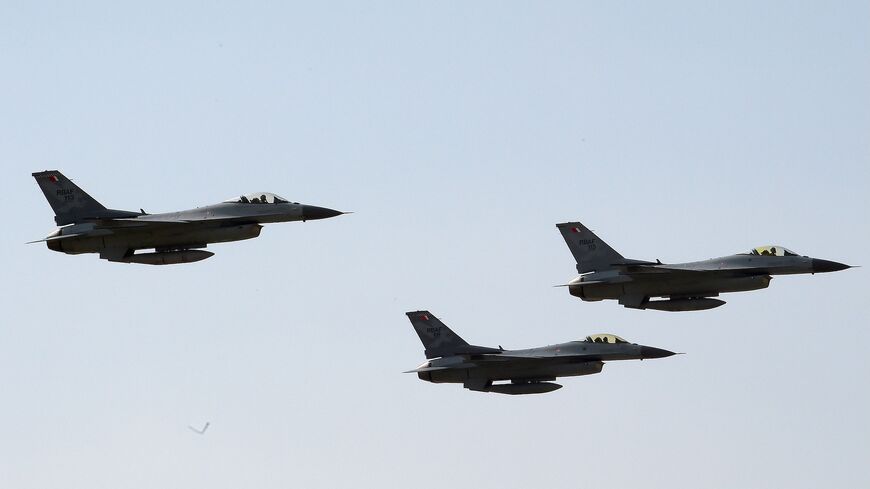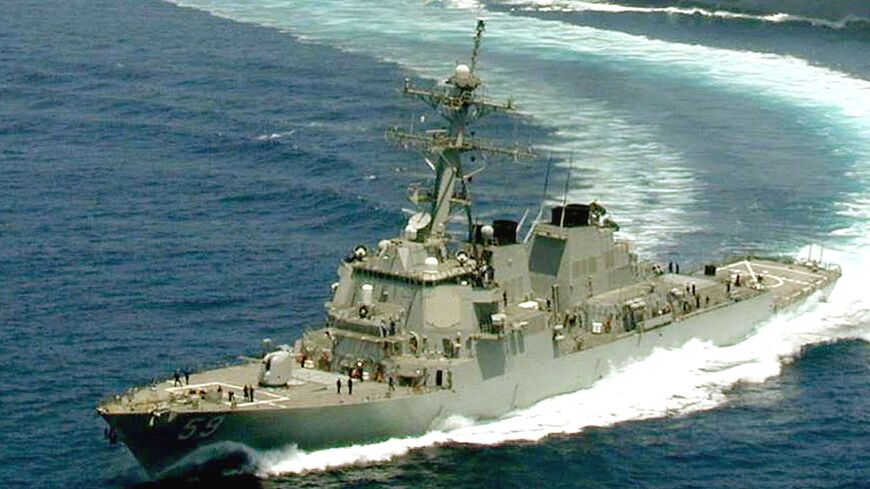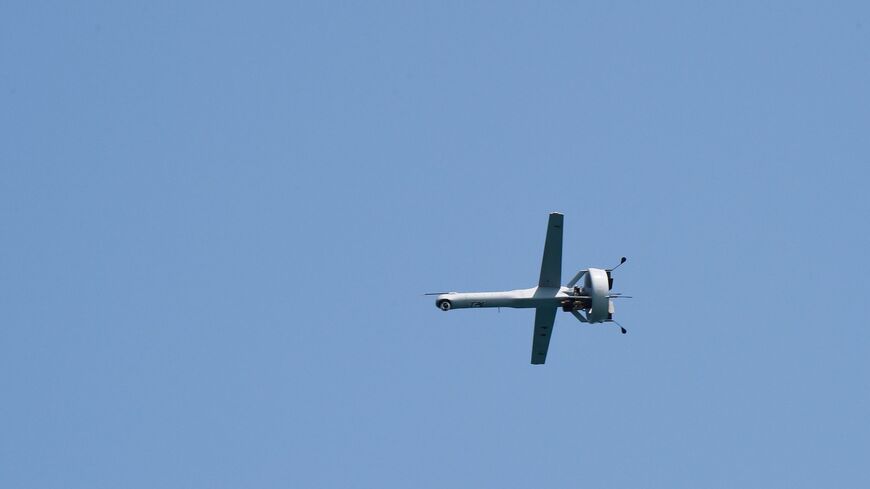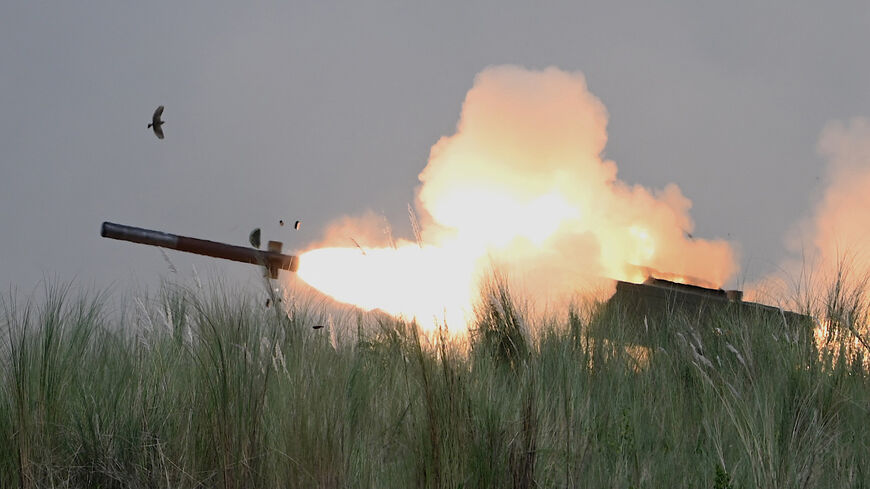US to sell $500 million HIMARS rocket system to Bahrain
The short-range artillery system will not alter the basic balance of power in the Gulf region, Pentagon says.
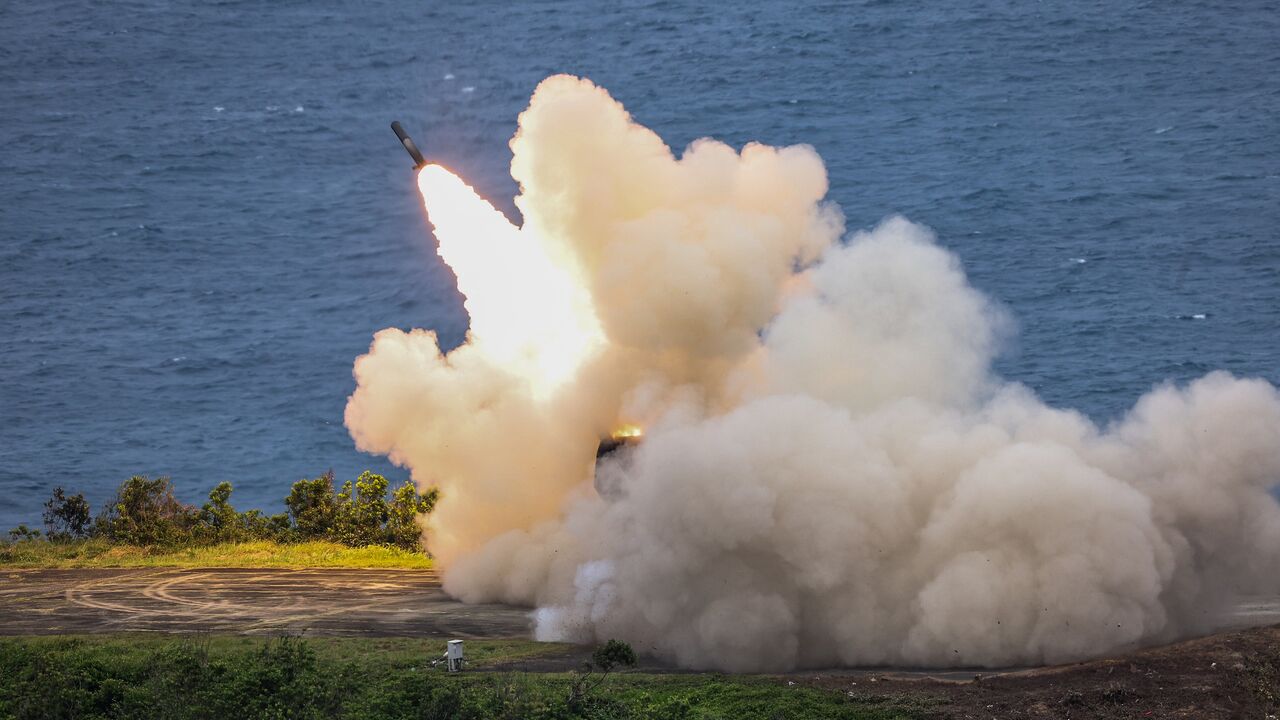
WASHINGTON – The Trump administration announced that it had notified Congress on Thursday of plans to sell Bahrain High Mobility Artillery Rocket Systems (HIMARS) worth $500 million.
Bahrain had requested four Lockheed-Martin-made M142 HIMARS systems and three International Field Artillery Tactical Data Systems.
"This proposed sale will support the foreign policy and national security objectives of the United States by improving the security of a major non-NATO ally that is an important force for political stability and economic progress in the Middle East," the Pentagon’s statement on the planned sale read.
Why it matters: The M28A2 Low Cost Reduced Range Practice Rocket Pods listed in the planned sale only have a range of 15 kilometers (9.3 miles), for training use, suggesting the transfer will not enable Bahrain to pose significant standoff deterrents against its neighbors.
"The proposed sale of this equipment and support will not alter the basic military balance in the region," the Pentagon’s statement read.
Bahrain, host to the US Navy’s Fifth Fleet, is a major US non-NATO ally.
In June, Iran launched more than a dozen ballistic missiles at the US Ninth Air Force’s main hub in the region, Al Udeid Air Base, in nearby Qatar.
In the region, only the United Arab Emirates and Jordan are known to have previously acquired HIMARS from the United States. Saudi forces have trained on US-owned HIMARS based in the kingdom.
Know more: The US Fifth Fleet is increasingly relying on UAE-aligned Yemeni forces to interdict Iranian weapons smuggling in the waterways around the Arabian Peninsula.

